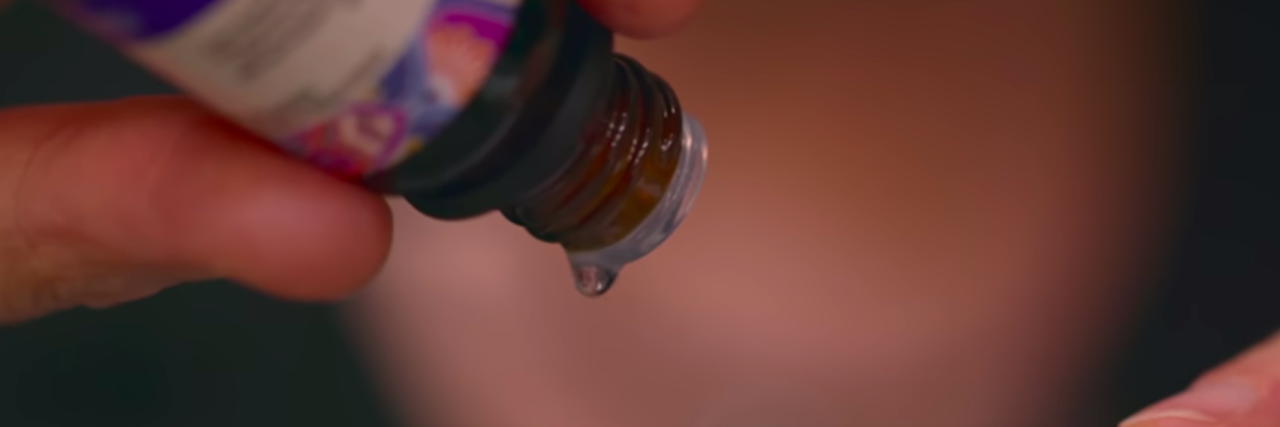The Netflix Original docuseries “(Un)Well” examines the underbelly of the trillion-dollar global wellness industry. Does this industry rescue those ignored by traditional medicine? Or does it rob and endanger people desperately seeking relief?
The six-part series delves straight into the mud: Are essential oils at the center of a massive pyramid scheme? Does the fad consumption of breast milk result in the exploitation of women? Is tantric sex a front for abusers? Does ayahuasca (a hallucinogen) treat trauma but cause psychosis? Is fasting more dangerous than helpful? Can bee venom cure chronic Lyme disease, or is it all just buzz?
The questions are simple, but the answers are not.
“(Un)Well” employs a nuanced perspective to examine potential emotional, physical and economic exploitation on both a micro and macro level. Expert consultation balances facts against the emotions of individuals’ stories. Additionally, as many wellness trends sweeping the West have roots elsewhere in the world, the inclusion of other cultural perspectives adds a layer of complexity and potential exploitation to the narrative.
In sum, the series questions, “Does [the industry] bring health and healing or are we falling victim to false promises? Are we really getting well?”
Many in the chronic illness community have experienced the wellness industry’s over-hyped promises and proportionately disappointing let-downs. On one hand, it gives hope to those who have exhausted all options that traditional medicine can or will offer (especially for chronic Lyme, the existence of which is controversial). On the other, the latest fad can minimize our suffering: “Just try ___ exercise/diet/supplement and you’ll be cured!” In my experience, that’s untrue.
Additionally, many wellness trends lack the scientific testing for efficacy and safe consumption. This is not to say that no wellness remedies work. For example, research increasingly supports meditation, acupuncture and psychedelic psychotherapy, but not as cures. Anecdotally, I co-coordinated a pilot study of acupuncture for pain management in pediatric cancer. Our patients reported significant improvements in pain and nausea. However, we would never suggest acupuncture as a replacement for chemotherapy, radiation or surgery!
Back to (“Un)Well.” I watched the bee venom episode first. I empathized deeply with the story of 24-year-old Kerri, who sought bee venom therapy as a last resort for chronic Lyme after years of ineffective pharmacological and herbal treatment. I felt validated to see the invisible struggle of the chronic illness community, as well as the acknowledgement of chronic Lyme as a legitimate disease, on such a huge platform as Netflix. Finally, the physical, emotional and economic desperation chronic illness patients battle in isolation is brought to the mainstream. Desperation makes these individuals vulnerable to exploitation; they are not inherently weak or more susceptible to snake oil salesmen.
“(Un)Well”‘s kaleidoscopic lens into the wellness industry leaves the viewer submerged in an ethically ambiguous whirlpool. As a chronic illness patient who feels disenchanted with some aspects of traditional medicine, I welcome alternative routes to health, but my research background makes me yearn for large-scale clinical trials, and my marketing background makes me distrust anything that sounds too good to be true.
So, “Are we really getting well?” Who knows! As a non-doctor and non-scientist, I am left to conclude that some wellness industry practices will be exploitative or harmful until we have more and better efficacy and safety data. We need more science! Regardless, if you enjoy thought-provoking and beautifully shot documentaries, consider watching “(Un)Well.”
Header image via Netflix/YouTube

